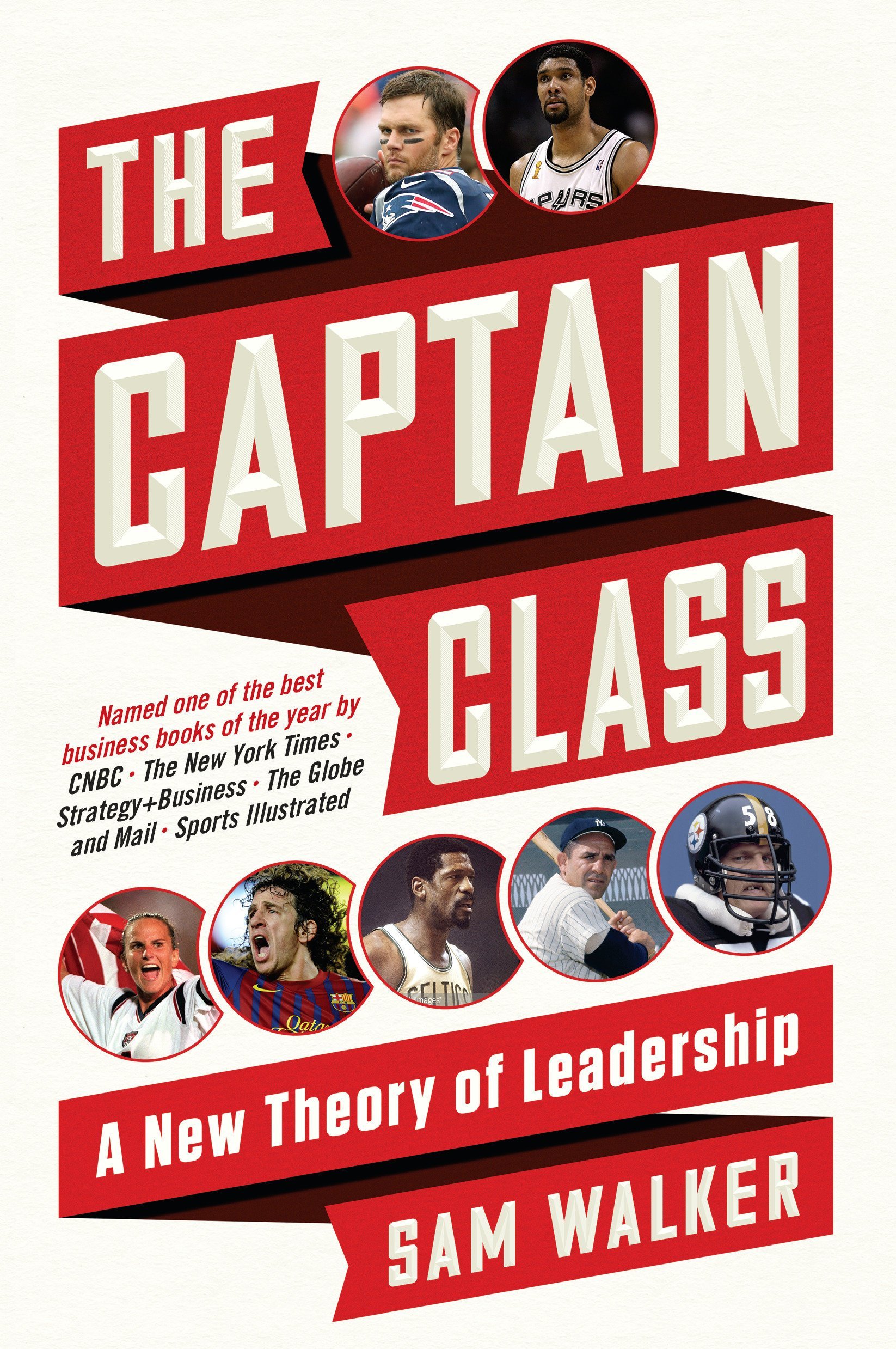
Non-Verbal Communication and Recruiters
Character matters. It shows in the little moments that don’t take much effort but have major effects. Find ways to celebrate a player who displays wonderful traits like empathy; but more importantly, be a model of empathy to your players.

Taking My Shot
In defeat, there can be success. Be the coach that empowers others to make the attempt, regardless of the scoreboard.

What to say on the first day of practice
You know first impressions matter. You want them to respect you. You want them to trust you. You want them to want to come to practice and give everything they have.
Doubt creeps in, bringing along questions you know are ridiculous, but you entertain them anyway.

To Scold or to Mold…
Former South African Rugby National Coach Peter DeVilliers leans in, piercing me with his eyes while the echo of his words bounces around in my head.
A coach is merely the extension of a child’s dream.

Kids are not mini-adults
Every season, no matter the level of the sport, a different team shows up. Though the athlete could be coming from the same school as the year before, every season has its own culture and feeling. 6th graders are now 7th graders, juniors are now seniors, so on and so forth. A lot changes in a young athlete’s life between seasons, and as coaches we should not assume fundamentals are as sharp as they were the year before, or that the athletes are coming with prior knowledge.

Confidence beats Complexity
The focus of the coach should be on creating confident, fundamentally sound athletes during the week. Then, on gameday, let them play. Give the athletes the tools they need and let them build a victory. When the game starts, it is less about coaching anyway and more about managing. If your young athletes can master the basics and they truly understand their job on each play, then you are way ahead of most youth football coaches I come across who focus more on tricking the other coach than on developing sound football players.

Increase Emotional Intelligence with Intentional Interruptions
Start on time, every day. End on time, every day. Teach the athletes what to do if they are late. Don’t make them run when they are late, that just makes them more late. Assign a team captain to facilitate consequences after practice for those who are late. If no one is late, the captain doesn't have to stay. It only takes once for a captain to have to stay after because of his or her teammates. Peer pressure is WAY more powerful than whatever you have to say about the subject.

The Captain Class: The Hidden Force That Creates the World's Greatest Teams
The founding editor of The Wall Street Journal’s sports section profiles the greatest teams in history and identifies the counterintuitive leadership qualities of the unconventional men and women who drove them to succeed.

Education and Discipline
In my experience, most students are unimpressed with titles and accolades. Instead, they want to hear stories and experiences. I get the most positive feedback from my students whenever my sessions have personal anecdotes sprinkled among the lessons.

Activity: Transformers and Blindfolds
Communication and trust are big take aways from this activity. We talked about how must confidence a blindfolded athlete had in his or her partner and what was it like to have to help an athlete who could not see navigate the game.

How Getting Lost Helped Me to be a Better Coach
Teach your students the skill of the interruption. I promise you, when it happens, and you take your attention from that parent and fully give it to the student, you will light up your athlete.

Five Communication Tips for Coaches
These are strategies I have found help get the most out of my young students-athletes. The lesson here is that kids are in school all day and they come to you to play. Don’t lecture from high above. Instead, take your glasses off, find a shady area, take a knee, take a deep breath, and then talk a bit. Then, let them have some fun and play because that is the real reason they are playing sports.

The Secret Ingredient of Youth Sport Success
When the losses start piling up, it is easy to think a new play or formation will solve the problem. We forget that these are kids, playing a game, and if we could just get out of the way and let them play, we would more often see that beautiful moment of a child doing something they love.

First Day of Practice
We get a team break, “Stallions, hu, hu, hu!” I tell them no one can leave until they shake my hand. Every, single, kid, shakes my hand, looks me in the eye, and says, “Thank you, sir.”

First Impression as a Coach
Running into a former student or athlete after 10 or so years is always exciting to me. More often than not, after the “bro-hug” or some version of it, they will offer their hand to their former coach, looking forward to that firm handshake they learned all those years ago.

What Are you Reading? My 2016 list
“You are the same today as you’ll be in five years except for two things: the books you read and the people you meet.” - Charlie Tremendous Jones I do not like to read. I find it difficult to quiet my mind long enough to give a page my complete attention. I read slow, and I sometimes have to read a paragraph a few times before I move on. Can you relate?

"The New Coach" - Sweep the Shed (5 of 5)
Your athletes are a reflection of what you teach and what you allow at practice. If you yell at the ref, they will yell at the ref. If you stomp your feet in disgust, they will emulate that behavior when something doesn't go their way. Speak to the ref with respect and with calmness in your voice. Be encouraging and be classy in victory and defeat. Be the coach you would want your child to have or the coach you would want as a child.



The Art of the Post Game Conversation
As your athlete gets older, the competition becomes better, and the stakes get higher. Losing means close to nothing to most 5th and 6th graders, but as you move into middle school and high school the losses sting a little more. Some teams/coaches/parents put much more pressure on their athletes to win.
